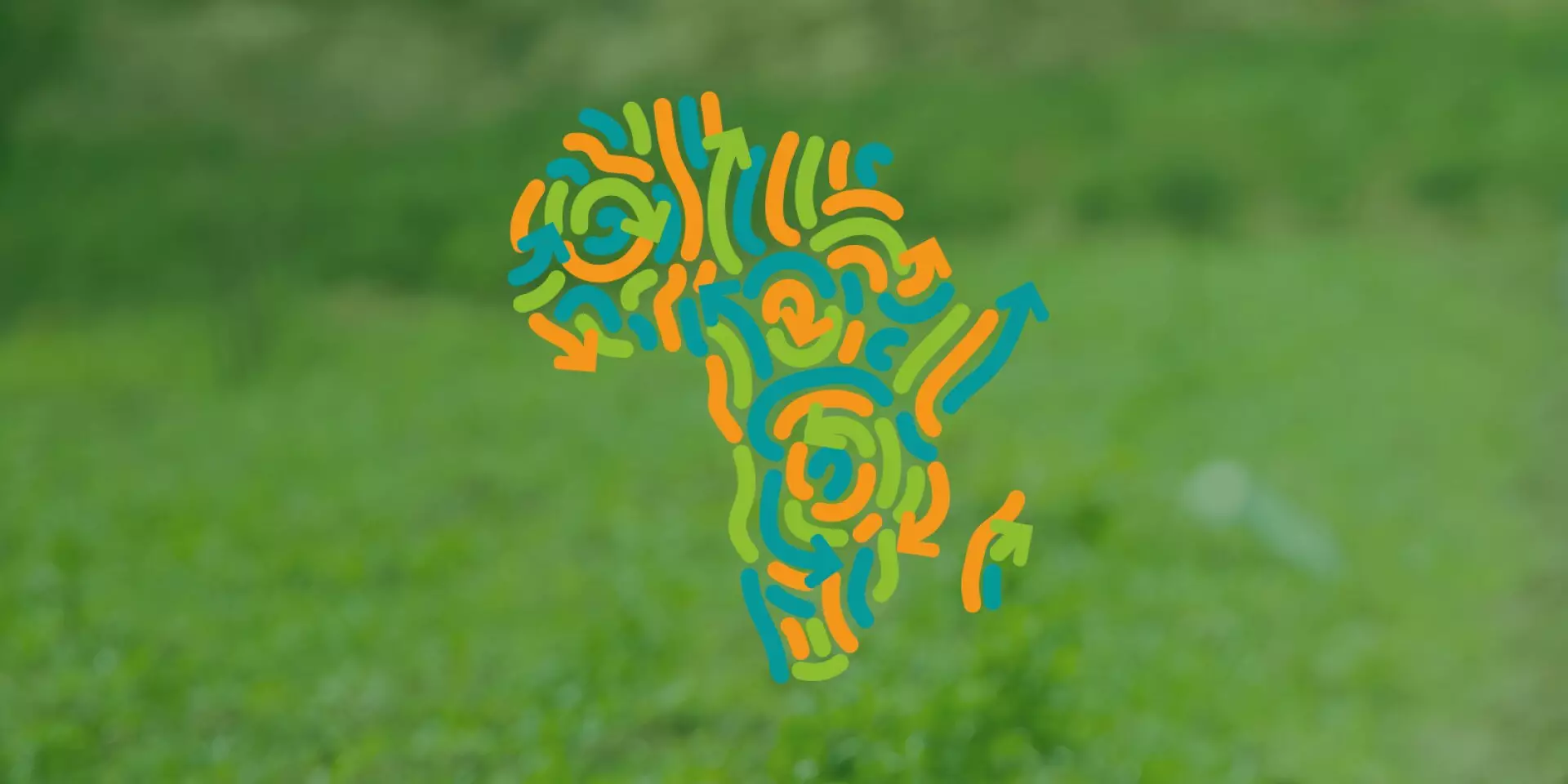The impacts of climate change are increasingly evident, disproportionately affecting African nations which are often ill-prepared to combat these challenges. According to recent research, the continent faces an escalating demand for comprehensive climate adaptation strategies. Yet, as highlighted in recent analyses of national adaptation policies, many African nations fall short in producing the thorough, insightful documentation needed to navigate this crisis effectively. This alarming gap in policy advocacy jeopardizes not only the sustainability of agriculture—one of Africa’s most vital sectors—but also the broader economic and environmental stability of the continent.
Africa requires approximately $277 billion annually to effectively address climate adaptation, yet current funding levels hover around a mere $30 billion. This stark financial inadequacy places additional burdens on governments, who must form policies that can effectively attract investment and mobilize support for climate resilience. Without transparent and robust adaptation plans, it becomes nearly impossible to channel much-needed investments into critical areas and establish a trajectory of progress that can be monitored and evaluated.
Evaluating National Adaptation Efforts
A significant examination by organizations like The Alliance of Bioversity and the International Center for Tropical Agriculture has scrutinized the Nationally Determined Contributions (NDCs) and National Adaptation Plans (NAPs) of various African countries. The findings reveal a widespread deficiency in critical data that informs adaptation tracking procedures. Notably, only a fraction of the reviewed documents provides cohesive and actionable information covering essential aspects such as risk assessment, strategic planning, and monitoring methodologies.
Among the 15 NAPs and 53 NDCs evaluated, only a handful—specifically eight NAPs and four NDCs—successfully encompassed all pertinent elements necessary for effective adaptation tracking as defined by global standards. Countries like Benin, Burkina Faso, and South Africa stand as exceptions, displaying commendable efforts in framing their NAPs. Such instances of diligence provide hopeful evidence that adequately structured policies can indeed serve as beacons for other nations.
The Role of Global Partnerships in National Capacities
The urgency of adapting to climate change is underscored by international conversations, particularly within frameworks such as the UN Framework Convention on Climate Change (UNFCCC). The recently concluded COP28 introduced the UAE-Belém Work Program aimed at developing comprehensive indicators for the Global Goal on Adaptation (GGA). But the pursuit of effective adaptation must not overlook the tangible challenges that national policies face. Remarkably, previous dialogues have often sidelined the nuances of national context, undermining regional aspirations for real-time evaluations of progress.
The inadequacies inherent in national adaptation strategies highlight a broader need for support systems that foster robust feedback mechanisms. Collaborative efforts between national governments, international organizations, and local communities will prove pivotal as countries strive to align their adaptation needs with the GGA’s global objectives. Embracing existing frameworks while simultaneously building on successful models can facilitate a shared understanding and commitment to tracking progress.
Moving Towards Tailored Adaptation Tracking Systems
It is paramount for African nations to leverage their unique understanding of local environmental challenges and socioeconomic dynamics to establish context-specific adaptation plans. As emphasized in the analysis, comprehensive, consistent, and high-quality information is the bedrock of meaningful assessment and tracking progress regarding climate adaptation. The upcoming deadlines for new NDCs in 2025 and revised NAPs in 2030 present an optimal opportunity for countries to reassess their approach and prioritize bringing their documentation in line with effective adaptation tracking requirements.
The focus must shift toward actionable metrics that truly reflect the complexities of climate risks and the responses required to address them. The Least Developed Countries Expert Group (LEG) plays a fundamental role in offering guidance for the refinement of technical guidelines and enhancing national capacities to form effective tracking systems. Harnessing the input from regional and global partnerships can inspire innovative adaptation strategies that prioritize local voices, ensuring that solutions are not only top-down directives but involve grassroots engagement and understanding.
As Africa stands on the brink of transformative change, the potential to craft robust climate adaptation policies exists. While challenges abound, embracing a future built on shared solutions and adaptive learning will equip nations not simply to survive the impacts of climate change, but to thrive amidst them. The commitment to developing comprehensive and compelling adaptation policies will be the key driver in building a resilient future for Africa’s landscapes and its people.


Leave a Reply